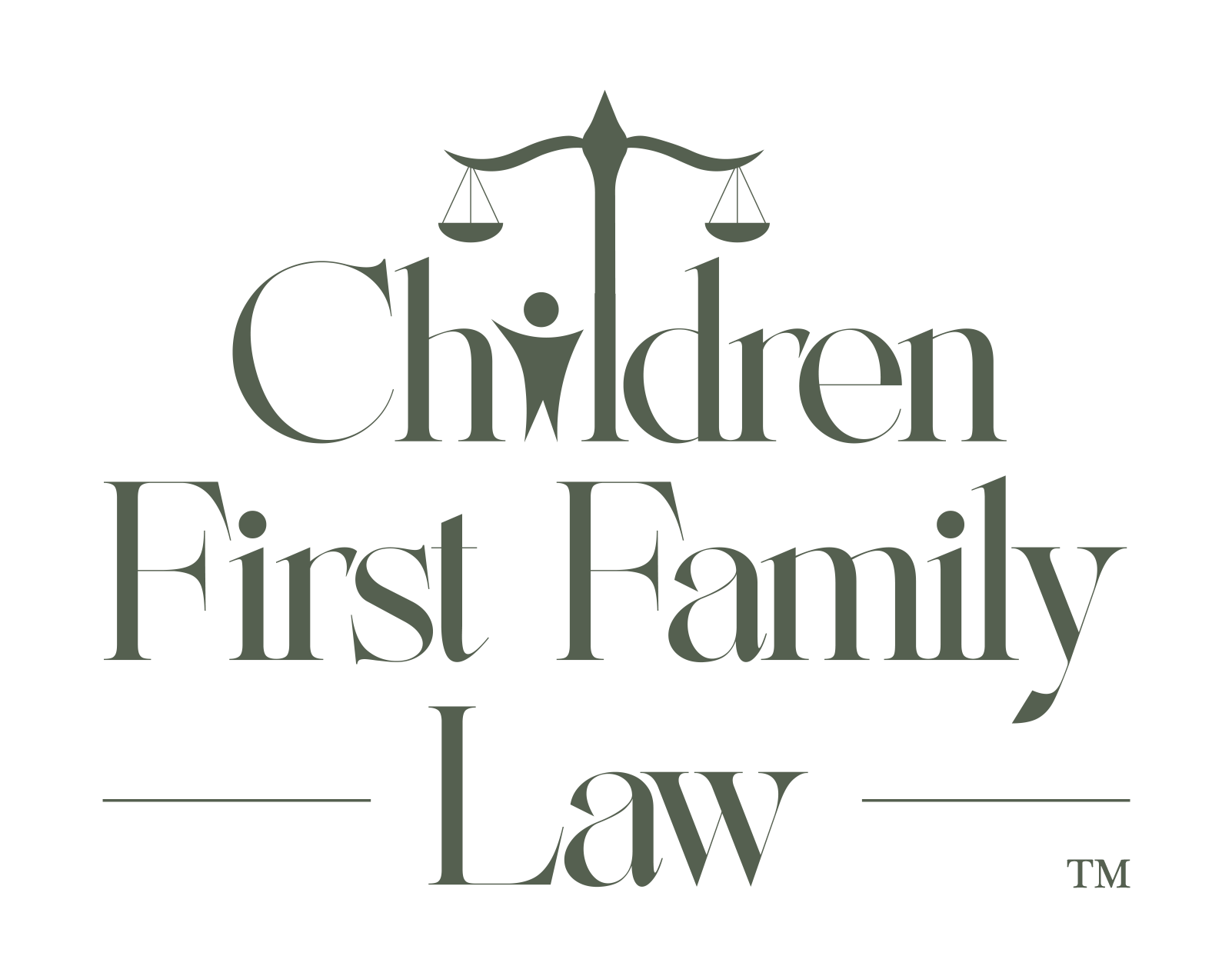Many parenting conversations after divorce focus on legal rights and schedules. But what about the relationship itself? In this episode of the Children First Family Law podcast, Krista speaks with psychologist and parenting expert Dr. Marsha Kline Pruett to unpack what healthy post-divorce fathering looks like and how it starts earlier than many realize.
Fathers Matter—From the Beginning
Dr. Pruett explains that a father’s bond with his child begins in infancy and even in the womb. Studies show that early involvement leads to more secure relationships, stronger friendships, better self-regulation, and even improved academic and professional outcomes. But many dads miss out on those early moments due to cultural assumptions or family dynamics that sideline them.
After divorce or separation, these assumptions often persist. Fathers feel pushed out. Mothers become gatekeepers. Rigid parenting schedules often exacerbate the situation.
Quality Over Quantity
Dr. Pruett emphasizes that parenting success doesn’t always mean equal time. It means meaningful time. Whether it’s one-on-one Saturday outings, regular FaceTime calls, or attending school events, dads build credibility through consistency and responsiveness. That’s especially true when living far away or rebuilding trust after conflict.
She also cautions against obsessing over 50/50 splits. For some families, shared time works well. However, when parents conflict—or children resist contact—it can create pressure that backfires. A child’s emotional safety should guide the plan, not a fixed schedule.
Shifting from Competition to Collaboration
Krista and Dr. Pruett also call out the legal and professional systems that contribute to parental competition. Attorneys who mirror their clients’ hostility or therapists who avoid involvement do more harm than good. Dr. Pruett encourages professionals to recognize parallel processes and act as stabilizing forces, not accelerants.
Parents also need to lead with empathy, communicate more than they withhold, and stop counting hours. A child doesn’t love a parent more because they spent five hours instead of three. They remember who showed up and how it felt when they did.
Final Thought: There’s No Wrong Time to Start
Whether you’re a newly divorced father or one who’s been less involved in the past, it’s never too late to build a stronger connection. As Dr. Pruett says, “There’s nothing more important to a child than being known.” Start there.
If you want to learn more about the Children First Family Law Podcast, check out www.childrenfirstfamilylaw.com/fathering-after-divorce-with-dr-marsha-kline-pruett.
